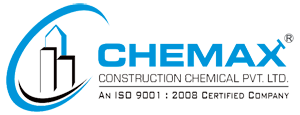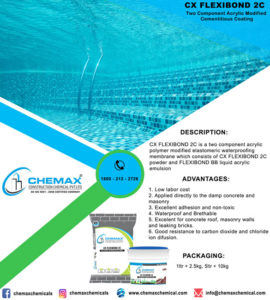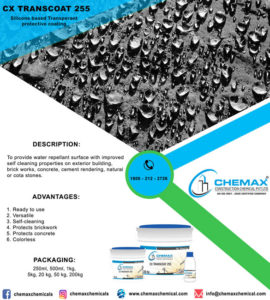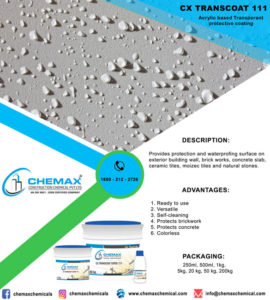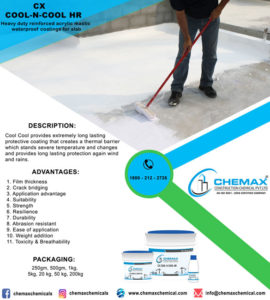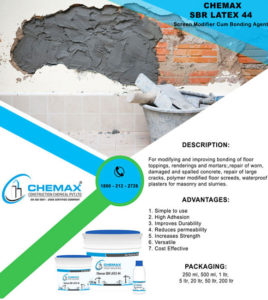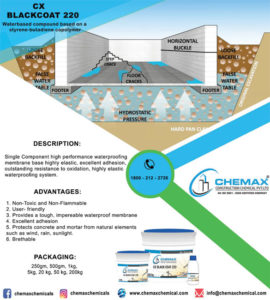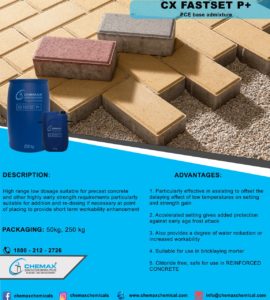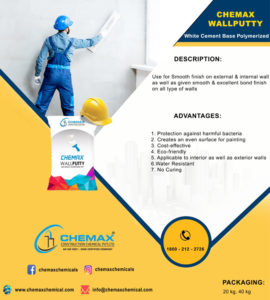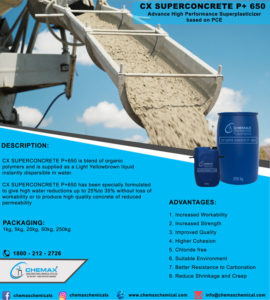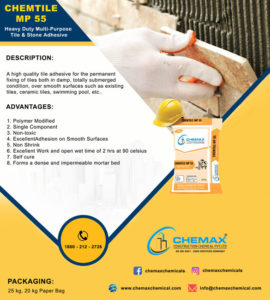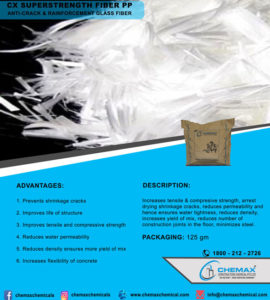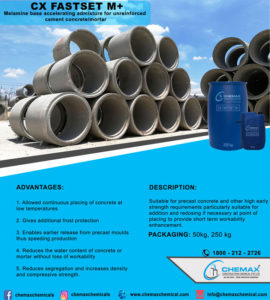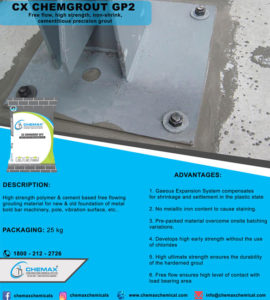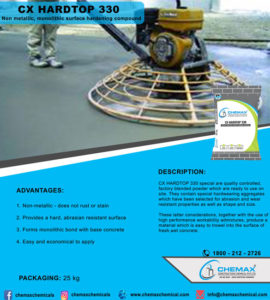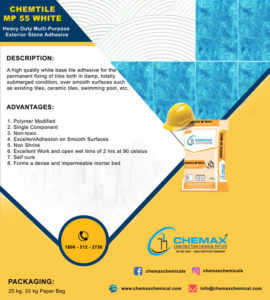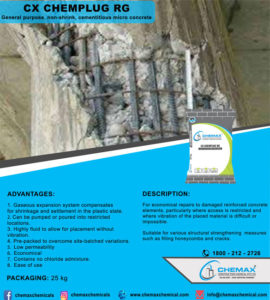The Chemical Building Blocks in Construction and Building
A global initiative to raise public awareness of building safety has proclaimed May as “Building Safety Month.” Learn how chemistry’s byproducts are essential to maintaining the long-term stability, safety, and longevity of the structures where we live, work, learn, and play.
Chemicals are essential for building materials and construction (chemical for building blocks).
Our lives are centered around buildings. Buildings provide safe spaces for people to live, work, and interact in addition to helping to address a variety of other challenges. These include reducing the impact of climate change, improving the health and well-being of building occupants, and increasing a facility’s ability to withstand natural disasters.
Building block chemicals, which are used in construction and building materials, provide a number of benefits, including:
- longevity and resilience of building materials, frameworks, and envelopes
- enhanced building performance and energy efficiency
- Enhanced safety, resistance to fire, and ability to withstand disasters.
- Four Frequently Used Chemical Building Blocks in Construction and Building Supplies
The usage of materials on a building’s ceiling, walls, floors, counters, and surfaces is made possible by chemicals. The following are a few of the most widely used construction chemicals that can be found in building supplies:
Products called polyurethane spray polyurethane foams (SPF) are used as sealants, roofing, and insulation. By decreasing air leakage, they can effectively insulate and seal homes and buildings, thereby lowering utility costs, lowering greenhouse gas emissions, and improving indoor air quality by avoiding the entry of dust and allergens.
Phthalates
Vinyl, commonly known as polyvinyl chloride (PVC), is made of a class of compounds called phthalates, which are primarily responsible for its pliability, suppleness, and durability. Phthalates are utilized in building and construction items to produce surfaces and materials that are easier to maintain and have a longer lifespan. These items include, for example, flexible adhesives and sealants, long-lasting wall coverings and flooring, and energy-efficient roofs.
Polycarbonate
High-performance thermoplastic polycarbonate is widely used in building and construction products, including windows, skylights, wall panels, roof domes, and outdoor LED lighting fixtures.Polycarbonate has many qualities that make it useful in various applications, including strong impact and heat resistance, good flammability resistance, great optical clarity, and durability.
Epoxy Resins (Building Block Chemical)
Two or more industrial chemical compounds combine to form thermoset plastics known as epoxies. Epoxy resins are used in a variety of consumer and industrial applications because to their outstanding toughness, strong adhesion, chemical resistance, and other distinctive features.
Here at CHEMAX BLOCK CRETE, we provide high-quality building block chemicals.
Graded sand, cement, and precisely selected additives are the constituents of CHEMAX BLOCK CRETE. The unique chemical combinations of this mortar allow it to be thinner, more versatile, and more compact. This mortar is only 3 mm thick, significantly thinner than standard mortar, which ranges in thickness from 12 to 18 mm. It is easy to apply and ensures that the interlocking bricks are compacted, strengthening and extending the bonding because it is pre-mixed.
CHEMAX BLOCK CRETE is a multipurpose thin jointing compound that can be used to lay AAC blocks, concrete blocks, fly ash bricks, and other materials. It supplies mortar mixture rather than ordinary cement. assembling and installing masonry components, including fly ash, hollow, AAC, and concrete bricks. connecting prestressed concrete slabs and panels. floor tile joints made of cement and concrete. concrete frame joints for windows and doors.
